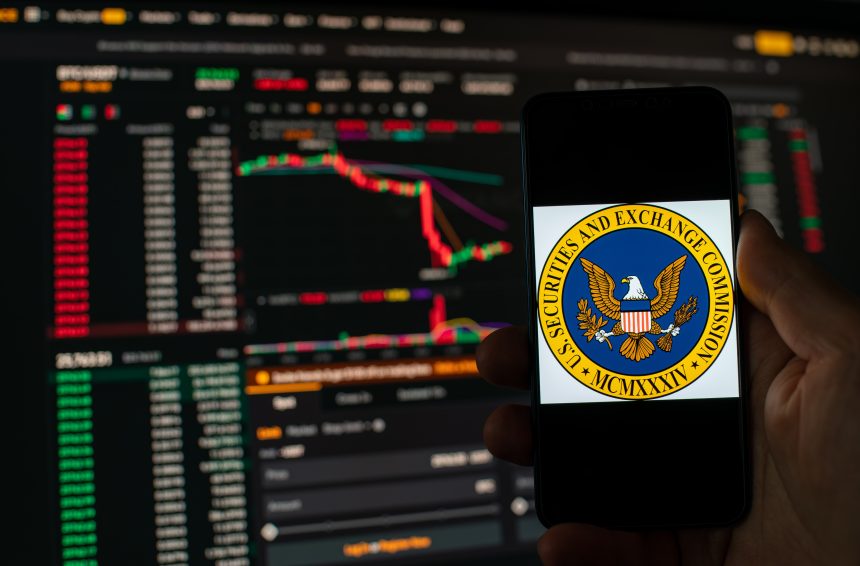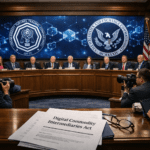SEC pauses rules crypto lawyers gain a fresh courtroom path
The SEC didn’t just shuffle a few dates. It tripped over its own rules and in the stumble, it dropped something crypto lawyers have been waiting for: proof that even regulators need time to figure things out. The Halloween 2025 decision to push several Regulation NMS deadlines into 2026 might sound like bureaucratic background noise. But to anyone watching the crypto fights, it’s a flashing neon sign.
The order delayed tick size changes, fee caps, and a handful of other stock-market tweaks. The official story? Not enough staff, not enough money, and too many court headaches. Which is just another way of saying, “We couldn’t get it done.” For crypto defenders, that sounds awfully familiar.
Because here’s the thing if the SEC can admit that clear rules take time, how can it turn around and punish crypto companies still waiting for clarity? It can’t. And that’s the core of what makes this move so interesting. The same logic that keeps Wall Street from chaos could just as easily apply to Web3.
When the cop says the road’s still under construction, handing out speeding tickets feels wrong. The SEC basically said the quiet part out loud “We need to slow down.” And that quiet truth gives crypto defendants something powerful an official, written precedent for patience.
Reg NMS is the skeleton of the U.S. stock market the rules for tick sizes, fees, and trading transparency. The new order pushes key parts (Rules 610 and 612) into late 2026, and others into 2027 territory, depending on how fast funding resumes. It’s not glamorous, but it’s the government saying what most people already knew: nobody can build a stable market on moving sand.
And that hits the same nerve crypto’s been pressing for years fair notice. Kraken’s defense is alive because a judge agreed it wasn’t clear how the Howey test fit token trading. Coinbase got a court to tell the SEC to stop hiding behind excuses and start explaining. Both cases make one thing clear: people deserve to know the rules before being punished for breaking them. Now the SEC’s own order backs that up even if accidentally. No, it doesn’t mean crypto gets a free pass. Fraud’s still fraud. But this new paper trail proves that “clarity before punishment” isn’t just courtroom talk it’s common sense. It’s what keeps markets from breaking.
For builders, the advice stays simple. Keep proof you’re trying. Document every decision. Build systems that can adapt fast when the rules finally land. And don’t lose faith showing good intent still matters.The SEC, of course, will argue crypto’s special. That existing laws already cover it. That delay risks investor harm. Sure. But it’s hard to ignore the optics: the regulator giving itself more time while refusing to do the same for everyone else.
So here’s the irony in slowing down, the SEC might’ve given the crypto world exactly what it’s been asking for. A reason to pause. A reason to breathe. And maybe, the start of something that finally feels fair.





















